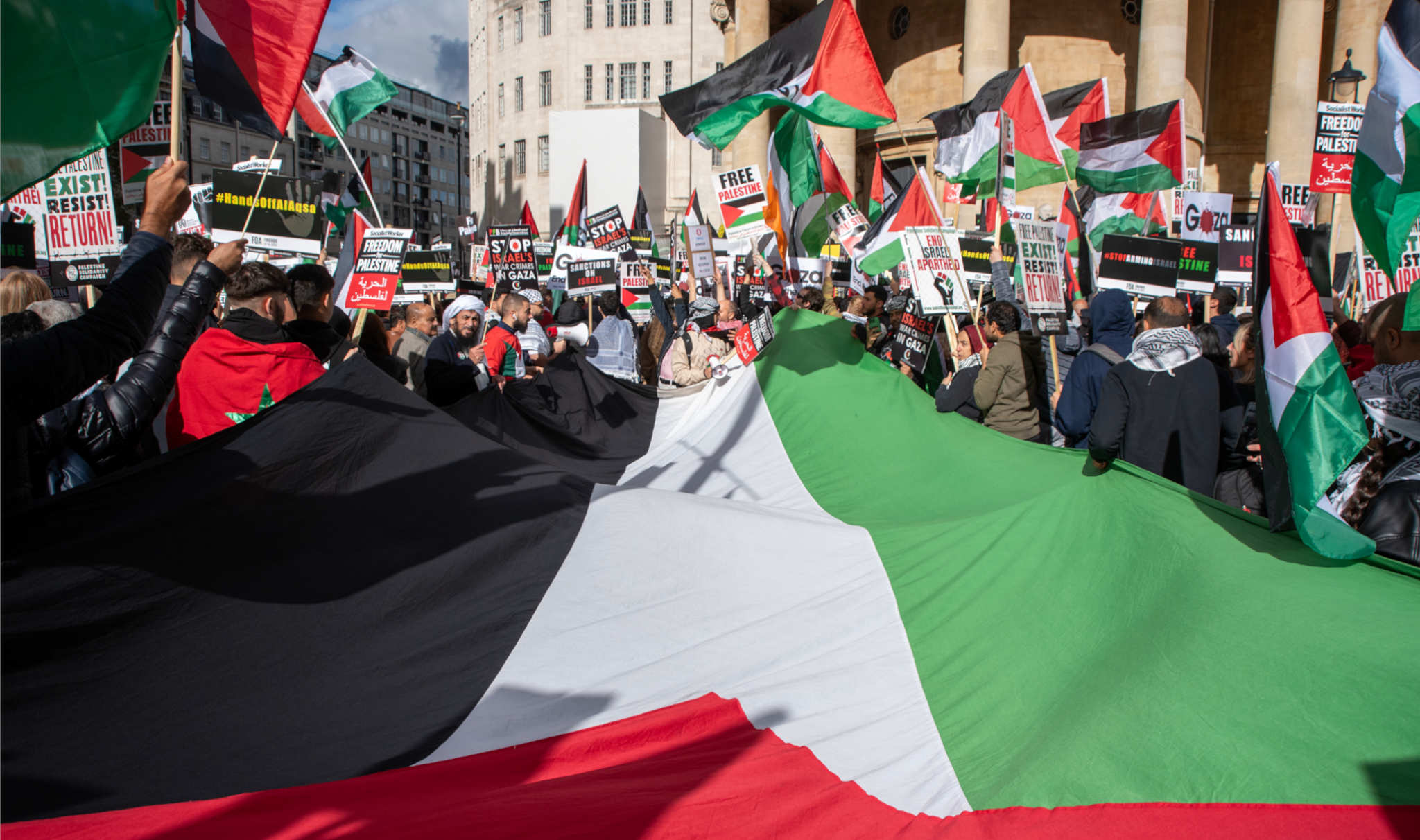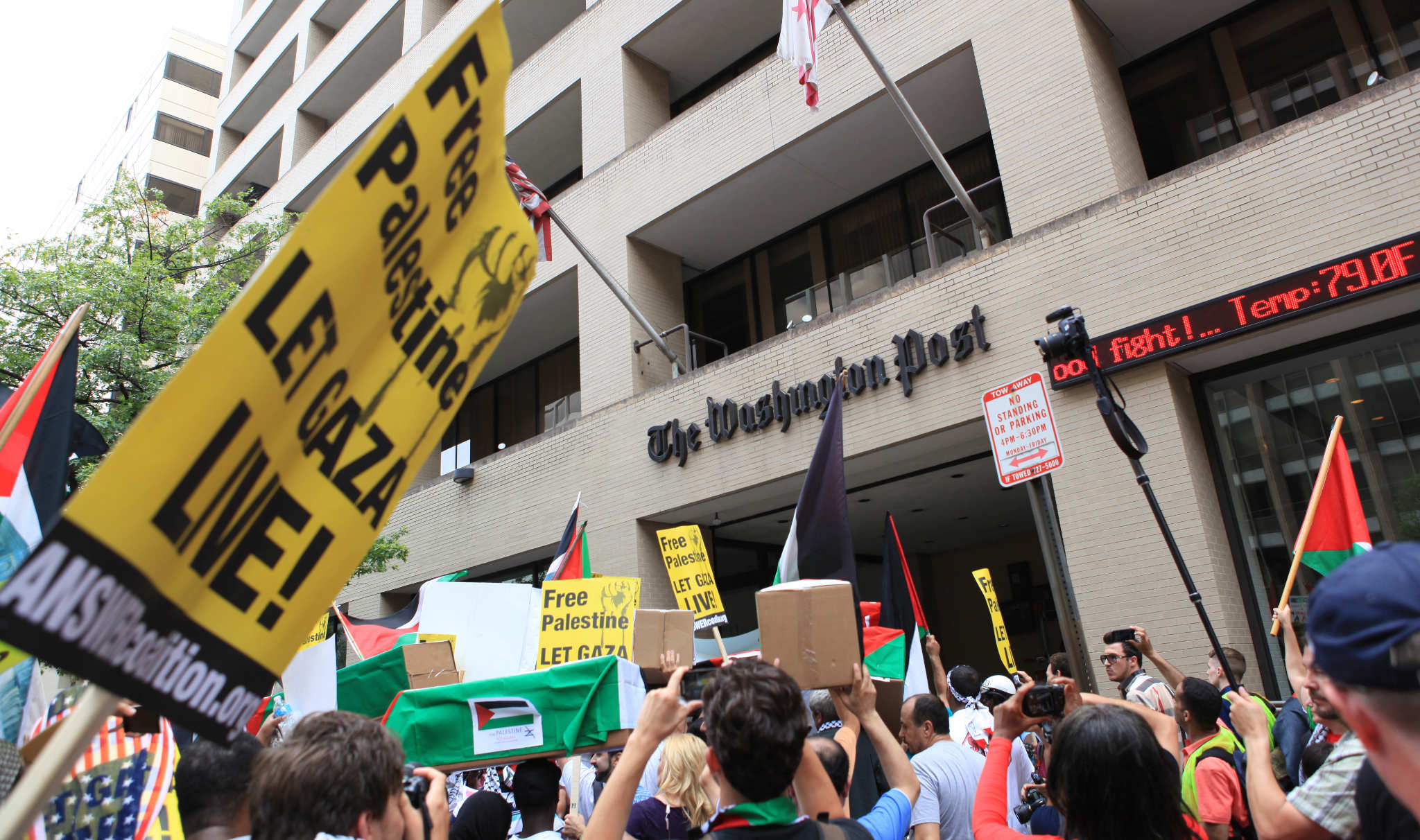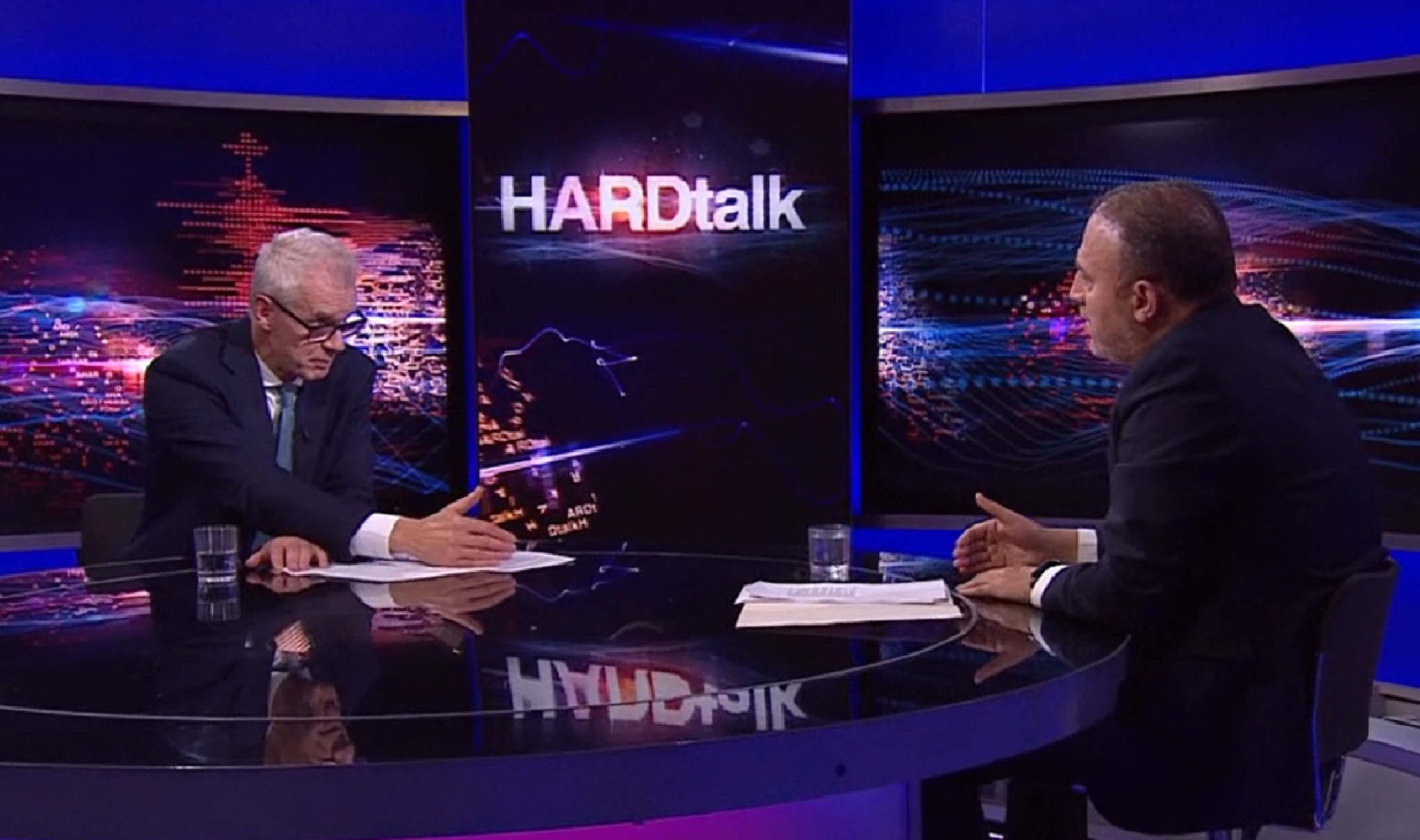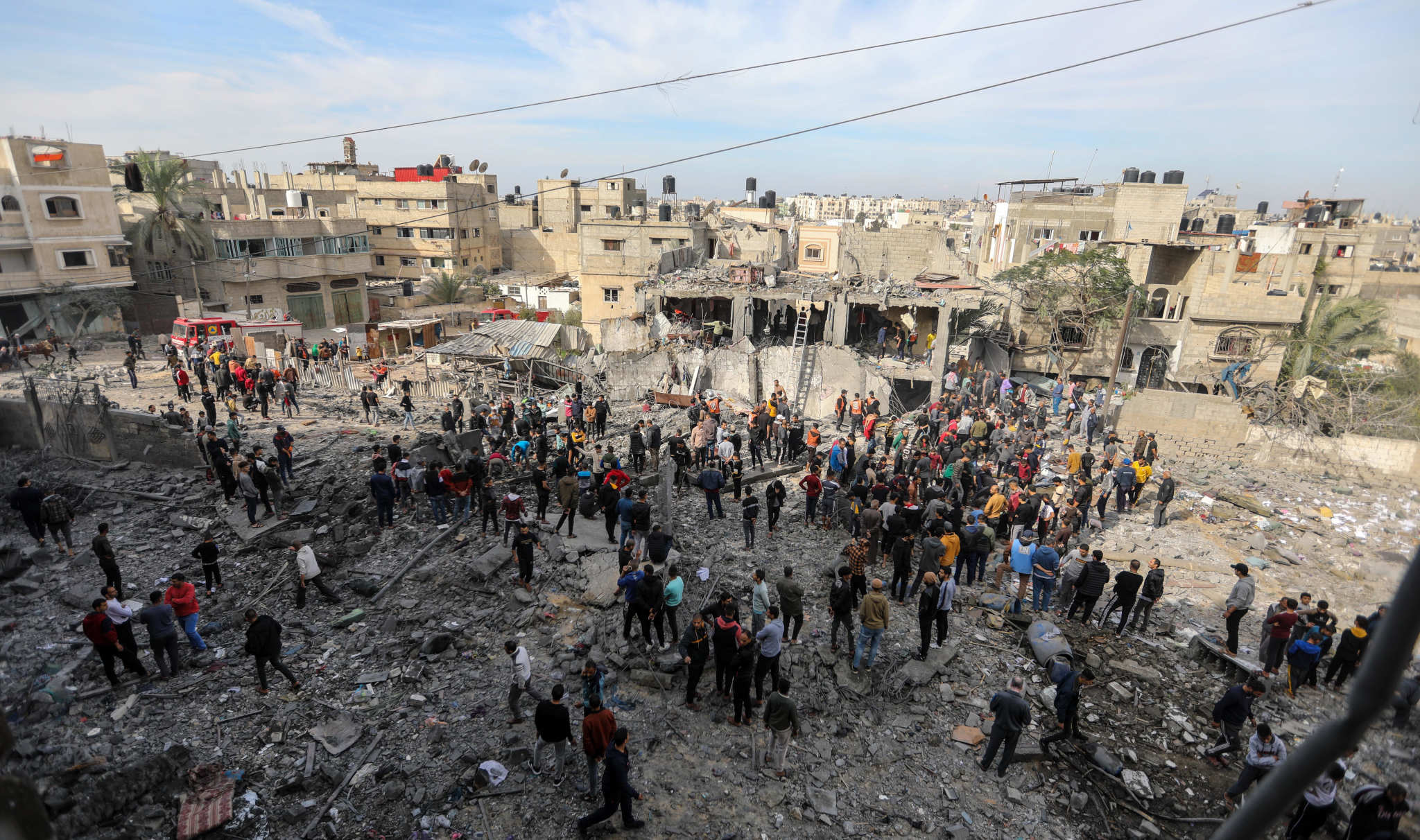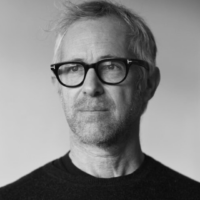On 19 October and 2 November 2023, United Nations special rapporteurs issued high-profile warnings that Palestinians in Gaza “are at grave risk of genocide”.
On 16 November, a larger group of UN experts issued a further statement, referring to evidence of “increasing genocidal intent” and speaking of a “genocide in the making”.
Many major media outlets, including CNN, Al Jazeera, Reuters and the Jerusalem Post devoted whole stories to what they saw as important developments.
Yet leading news organisations in the UK, including the BBC and the Guardian, appear to have considered these allegations of genocide as less newsworthy.
While the 19 October statement was barely covered, the 2 November version featured as a small part of a bigger Guardian story on Israeli Defence Force actions that day together with a brief mention in its regular daily round-up.
Some BBC bulletins that morning referred to it briefly as well as more detailed coverage on the World Service, but there was no substantial consideration of the claims themselves for UK audiences.
Out of 32 stories on the Guardian’s website devoted to the Israel-Gaza war on 16 November, not a single one focused on the claims of the UN experts, although the newspaper did run a story the following day about UN warnings of starvation in Gaza.
Across large parts of the British media, therefore, the call by 41 UN experts for the international community to “prevent genocide against the Palestinian people” went largely unreported.
Investigating genocide
This was a revealing absence given that news media in other countries have devoted space to the question of whether events in Gaza constitute genocide, in part precipitated by the UN experts’ statements.
For example, on 2 December, the Canadian public service broadcaster, CBC, ran a lengthy discussion on the relevance of the term “genocide” to events in Gaza while on 13 November Time magazine asked “Is what’s happening in Gaza a genocide?”
Online magazine Vox carried a detailed article on “How to think through allegations of genocide in Gaza” on 13 November while the New Yorker magazine ran a Q&A on “How to define genocide” on 16 November.
“One might expect journalists to take an interest in investigating whether genocide is taking place”
Of course, while many of these investigations were inconclusive, effectively saying that both sides are doing terrible things, at least they raised issues of genocidal intent and actions in relation to a situation in which over 18,200 Palestinians, approaching one per cent of the total population of Gaza, have been killed since 7 October.
At one level, it’s not that surprising that some outlets have picked up the question. After all, Article II of the 1948 Genocide Convention defines genocide as “acts committed with intent to destroy, in whole or in part, a national, ethnical, racial or religious group”.
Under the terms of the Convention, not just genocidal acts but also “public incitement to commit genocide” (Article IIIc) are punishable.
The scale of the casualties and the repeated uses of genocidal language have been striking. Agriculture minister Avi Dichter claimed “we are rolling out the Gaza Nakba”. Heritage minister Amichai Elihayu stated that “dropping a nuclear bomb was ‘one of the possibilities’ in the current conflict”.
Meanwhile, former information minister Galit Distel-Atbaryan vowed to “erase all of Gaza from the face of the earth” and current defence minister Yoav Gallant described Palestinians as “human animals”.
In light of all this, one might expect journalists to take an interest in investigating whether genocide is taking place.
X feeds don’t talk about genocide
British news organisations, however, seem to have shied away from investigating the issue of genocide in any depth.
One indicator of what stories news organisations consider to be important is those they publicise on social media and, in particular, on X (formerly Twitter). Analysis of the feeds of major UK news organisations between 7 October and 10 December 2023 shows very few mentions of stories that relate directly to allegations of genocide in Gaza.
There are just two mentions of the word “genocide” in the @BBCWorld feed since 7 October: one about Rwanda and another reporting on the negative comments made about US congresswoman Rashida Tlaib for talking about a genocide in Gaza.
@ITVNews has a single mention of “genocide” when, on October 11, it tweeted the words by a Palestinian journalist that “it’s massacre, complete genocide”. There were no references to the word “genocidal” in its feed.
“There are just two mentions of the word ‘genocide’ in the @BBCWorld feed since 7 October”
@Channel4News, despite some very robust holding to account of Israeli officials and strong on the ground reporting, has mentioned “genocide” only once in its feed since 7 October – when publicising an interview with the Palestinian National Initiative leader Mustafa Barghouti about the choice faced by Palestinians between ‘ethnic cleansing and genocide’.
@Guardian has also referred to “genocide” just once in a tweet linked to a comment piece by two anti-Zionist Jews on 19 October.
@guardiannews tweeted about a Florida lawmaker who had publicly called for the death of all Palestinians and linked to a comment piece by its former US correspondent Chris McGreal (“The language being used to describe Palestinians is genocidal”). There were no results for “genocide” or “genocidal” in the feed of @guardianworld in this period.
@SkyNews has tweeted six times about genocide in Gaza six times including a link to a lengthy piece on the definition of genocide specifically in relation to Gaza as well as a further three with interviewees talking about a ‘genocidal’ war.
In contrast to the overall reticence of the British media, Al Jazeera (on their @AJEnglish feed) has tweeted 45 times about genocide in Gaza, with a further five tweets referring to “genocidal” violence) in this period.
The linked stories cover everything from a speech by Turkish president Erdogan in which he talks of “genocide”, the statement by a Jewish American activist that “we know what genocide looks like”, the disputed claim that the Pope had called the war on Gaza “genocide”, the comments by the former director of the New York office of the UN high commissioner for human rights, Craig Mokhiber, that this constituted a “text-book case of genocide”, to the voices of ordinary Palestinians using the language of genocide to describe their situation.
By contrast – Russia
Yet, for all their reluctance to investigate genocide in Gaza, British news media are more than willing to report on the issue of genocide elsewhere in the world.
After all, in April 2022, BBC World tweeted the question: “Do civilian killings in Bucha, Ukraine amount to genocide?”. The BBC followed this up with a long story on its website on 13 April with the blunt headline question: “Is Russia committing genocide?”
On the same day, the Guardian posed the question: “Will Putin face genocide charges over Ukraine atrocities?” in an article written by its legal affairs correspondent who has yet to ask the same question about Gaza.
A search of X feeds from February 2022 to today found multiple references to accusations of genocide in Ukraine: 10 references in @BBCWorld, 26 in @SkyNews, 8 in @ITVNews, 15 in @Guardian, 5 in @Channel4News and 22 in @AJEnglish (demonstrating that Al Jazeera was willing to consider the issue of genocide not just in Gaza).
A further example of mainstream media interest in allegations of genocide in Ukraine was a report in May 2022 by the New Lines Institute for Strategy and Policy and the Raoul Wallenberg Centre for Human Rights that identified Russian breaches of the UN Genocide Convention in Ukraine and received widespread media coverage including in the New York Times, Washington Post and the Guardian.
The report found that Russia was indeed inciting genocide because it was fulfilling a number of classic indicators: denying the existence of a Ukranian identity, framing Ukranians as an existential threat that justified violence against them, using dehumanizing language such as “subhuman” and “contaminated” and conditioning the domestic audience to “commit or condone atrocities”.
How can this not now resonate with a situation where dehumanising descriptions of Palestinians are all too routine?
References to genocide
It is, of course, not the case that there are no references to the word “genocide” across the British media in relation to Gaza.
A search of the news and information database Nexis reveals that there were 4,060 stories containing “Gaza” and “Genocide” between 7 October and 10 December 2022. Of these, 363 were attributed to BBC Monitoring Reports, 291 to Mail titles, 218 to the Guardian, 164 to the Independent, 105 to the Telegraph, 80 to The Times, 68 to the Express and 29 to the Sun.
However, the vast majority of these stories are not preoccupied with assessing the extent of genocidal activity or intent in Gaza, as the UN experts were claiming. Instead they either briefly quote Palestinians and their supporters or, particularly with right-wing titles, criticise those people who describe the systematic bombing of Gaza as “genocidal”.
For example, there have been dozens of stories in the Telegraph, Times and Mail titles in recent days all reporting on the BBC presenter Gary Lineker’s sharing of a video which accused Israel of committing genocide in Gaza. Many hundreds of stories have condemned pro-Palestinian protestors for using the language of genocide, whether they are “ordinary” marchers, celebrities, talent agents or politicians.
News outlets have also devoted a huge amount of space to the interrogation of the presidents of three US universities about whether they would permit “‘genocidal language’ on their campuses”.
In all these situations, it is not the behaviour of the Israeli military that is under the microscope but instead those seeking to hold the military to account or at least to defend the right to do so.
Genocide – a matter of opinion
Many of the more serious discussions about the extent to which there has been genocidal activity in Gaza have been confined to op-ed pages as if the question of genocide is more a matter of “opinion” than empirical fact.
Two months after the bombing started, the Guardian published a powerful piece by Husam Zomlot, the Palestinian ambassador to the UK, but this was not publicised on its X feed.
Indeed, this could be seen as a counterweight to a comment piece the previous week in the Observer (part of the Guardian Media Group) by Howard Jacobson (which was shared on @ObserverUK) which argued that the only genocidal actor in Gaza was Hamas.
As mentioned earlier, the Guardian also featured a strong comment piece by its former US correspondent Chris McGreal as well as an article by its regular columnist Owen Jones that explicitly drew on the UN experts’ “risk of genocide” discussed at the start of this article.
The fact is that these are exceptions to the rule. What there has not been, especially in the UK, is a serious examination in bulletins and “hard news” pages – using historically agreed criteria – of whether Palestinians in Gaza are facing genocide.
Perhaps UK newsrooms are simply too nervous to ask a question that they know will attract a huge amount of flak from the Israeli state. As one senior BBC news editor once told researcher Greg Philo, “we wait in fear for the phone call from the Israelis” after broadcasting a critical story.
Or perhaps, given that that there have been dozens of stories arguing that genocide has taken place in other conflicts, for example in Rwanda and Ukraine most recently, genocide is something that happens only to certain populations whose self-determination is in the interest of powerful regimes in the West.
Other populations are just bombed into smithereens while the media find multiple ways to describe this – just as long as it’s not called genocide.


